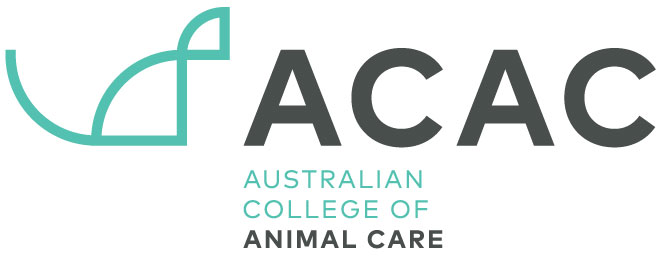LITERACY & NUMERACY
SUPPLEMENTAL MATERIALS
LANGuAGE, LITERACY & NUMERACY assessment
LLN Assessment
All students are required to undertake Language, Literacy & Numeracy (LLN) assessment prior to commencing training. The purpose of this assessment is to ensure you are prepared for study at the qualification level you are enrolled in.This is to ensure you have the best chance possible at completing the academic requirements of the course.
The Language, Literacy & Numeracy Assessment looks at the 5 domains of LLN and grades you against set benchmarks as per the Australian Core Skills Framework (ACSF). These 5 domains are Learning, Reading, Writing, Oral Communication & Numeracy. There are minimum requirements you must meet to be allowed to commence your training with us, depending on the qualification you are enrolled in. For each level, you may be assigned either “exit level” which means you are proficient at that level, or “working level” which means you are close to meeting proficiency at that level and will likely reach it with training through the course.
LLN Training
You may have been directed to this page by an Educator, or you may be here looking for additional resources to help you improve your Language, Literacy & Numeracy skills. The resources below are here for all students to use, regardless of LLN scores in their assessment.
You will also find that we have embedded industry contextualised LLN skills and training into all your subjects. So even if you feel that you don’t have the best grip on numeracy or literacy, you will receive training on specific areas that veterinary nurses or animal care workers need to understand. You’re welcome to reach out for help from the Educators too, and don’t forget to use this website for more help on preparing your assessments.
External LLN support options are also listed in the Student Handbook.
STUDENT HANDBOOK: LLN SUPPORTREADING & WRITING
Language & Literacy covers the skills of Reading, Writing and Oral Communication. Below you will find a workbook to download and work through, which can assist you in learning reading and writing skills up to an ACSF Level 3.
If you are struggling with any of these questions, we recommend you talk to your local support structure first (parents, partner, friends, colleagues). Once your training has commenced, our Educators are also here to assist.

NUMERACY
Numeracy is the use of numbers (mathematics) and is a vital skill for veterinary nurses to have. Numeracy covers everything from recognising and counting money, to working out vital signs, using graphs when monitoring anaesthesia, right through to drug calculations for infusions and fluid therapy. Things like drug calculations are essential to get right for the welfare of your patients.
Many students are apprehensive about performing maths calculations – feeling this way is very normal. The veterinary nurse specific calculations that you need to learn are embedded in the course and we are always developing more and more resources to help you learn and master these skills. Our Educators are also here to assist you.

ACSF LEVEL 3 RESOURCES
Download this workbook & answers to practice skills up to a ACSF Level3 (required for Cert II & III)
ACSF LEVEL 4 RESOURCES
Download this workbook & answers to practice skills up to a ACSF Level 4 (required for Cert IV and CPVN/ACPVN students). We have contextualised these problems to be veterinary nursing related. You do not need to understand what or when these would be used yet, but you do need to demonstrate the skill to perform the maths they require.
